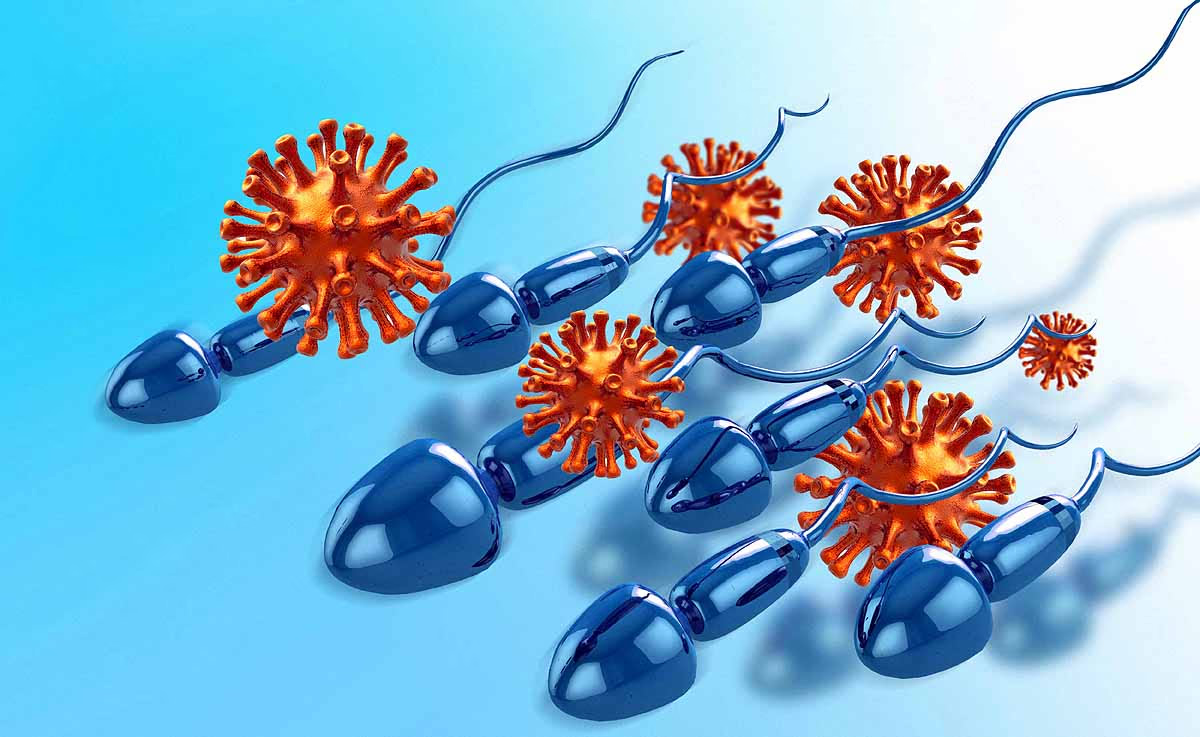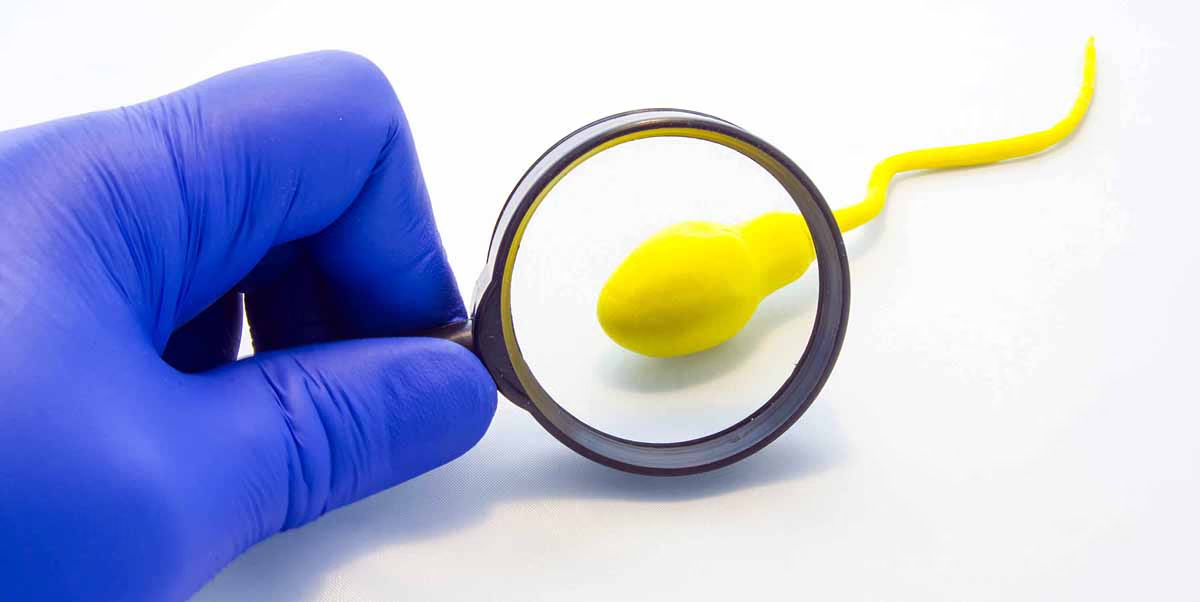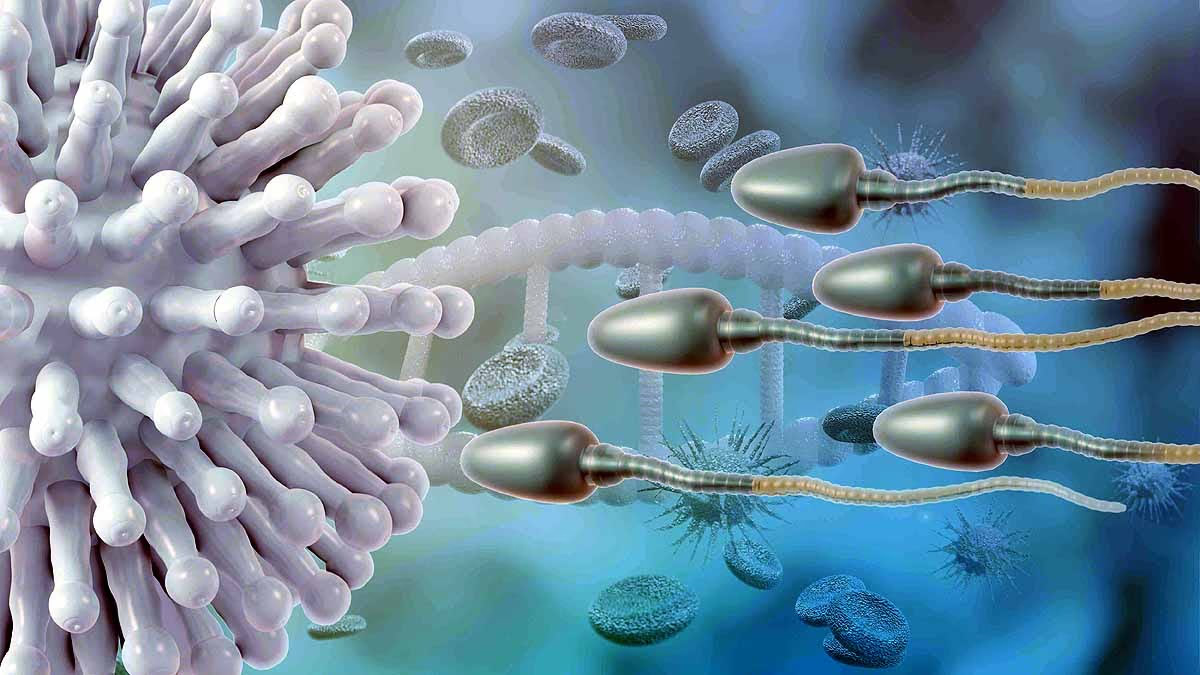The COVID-19 pandemic has caused significant damage worldwide. A new study now suggests that this infection alters the sperm in male mice, leading to heightened anxiety (anxiety) in their offspring. This could be a long-term issue stemming from the pandemic that affects future generations. Scientists from the Florey Institute of Neuroscience and Mental Health in Melbourne, Australia, made this discovery. The study was published in the journal Nature Communications on October 12.
Researchers infected male mice with the COVID virus and then paired them with healthy female mice. They examined the health and behavior of the resulting offspring. Lead author Elizabeth Cleman states that children of infected fathers displayed more anxious behavior, whereas children of healthy fathers did not.
Notably, all children of infected fathers were affected. Particularly in female offspring, gene activity changes in the hippocampus (the area controlling emotions) were observed. Researcher Carolina Gubert says these changes could stem from epigenetic inheritance (hereditary without DNA changes) and brain development disruption, which heightens anxiety.
This is the first study showing the long-term effects of COVID infection on offspring. The virus altered the RNA in the father's sperm, controlling brain development-related genes. Lead researcher Anthony Hannan indicates these findings suggest the COVID pandemic's impact might extend to future generations.
However, this research is on mice, and further investigation is needed for humans. Hannan says if applicable to humans, millions of children and their families worldwide would be affected, posing a major public health threat.

Source: aajtak
The COVID pandemic spread in early 2020, leading to over 7 million deaths according to WHO. The real number is likely higher. The pandemic severely impacted mental health, with young people suffering the most as lockdowns constrained their social lives.
In 2023, 'Nature Human Behavior' journal reviewed 40 studies from 15 countries, finding that school closures during the pandemic led to lasting educational setbacks in children, who haven’t closed the learning gaps yet.

Source: aajtak
This study underscores that COVID isn’t only an immediate issue but may impact generations. Scientists emphasize understanding life’s beginning and end is essential. COVID altered brains and behavior. Research is crucial to finding preventive measures. The pandemic taught us that health is paramount.




